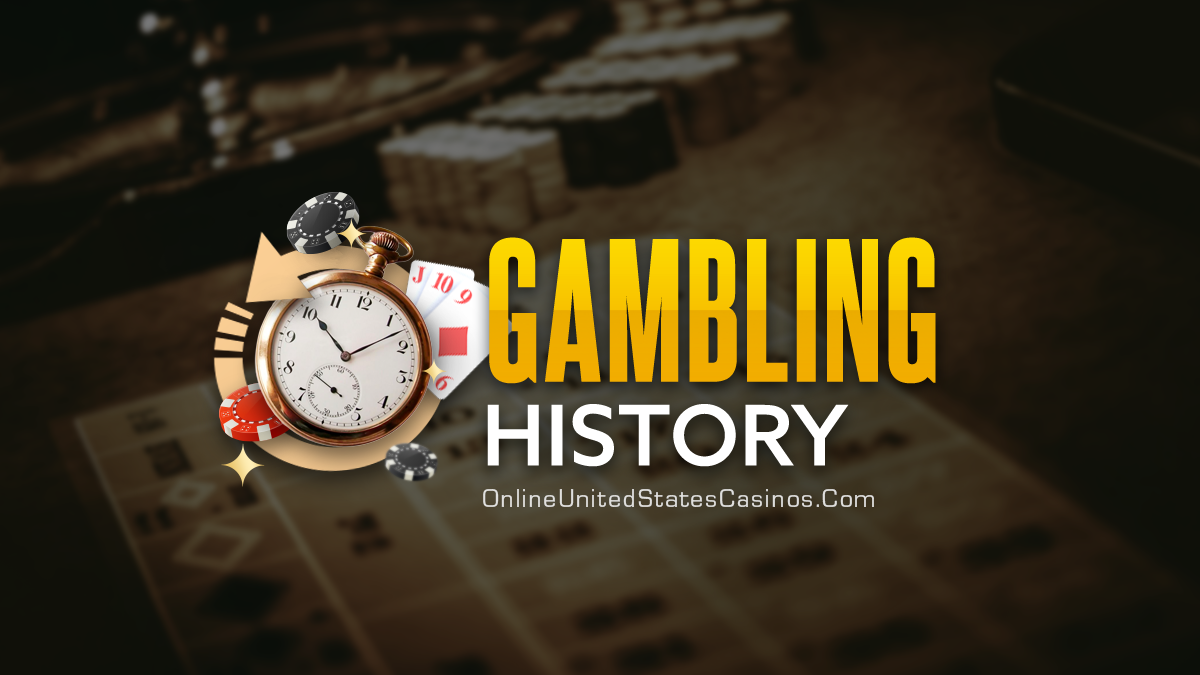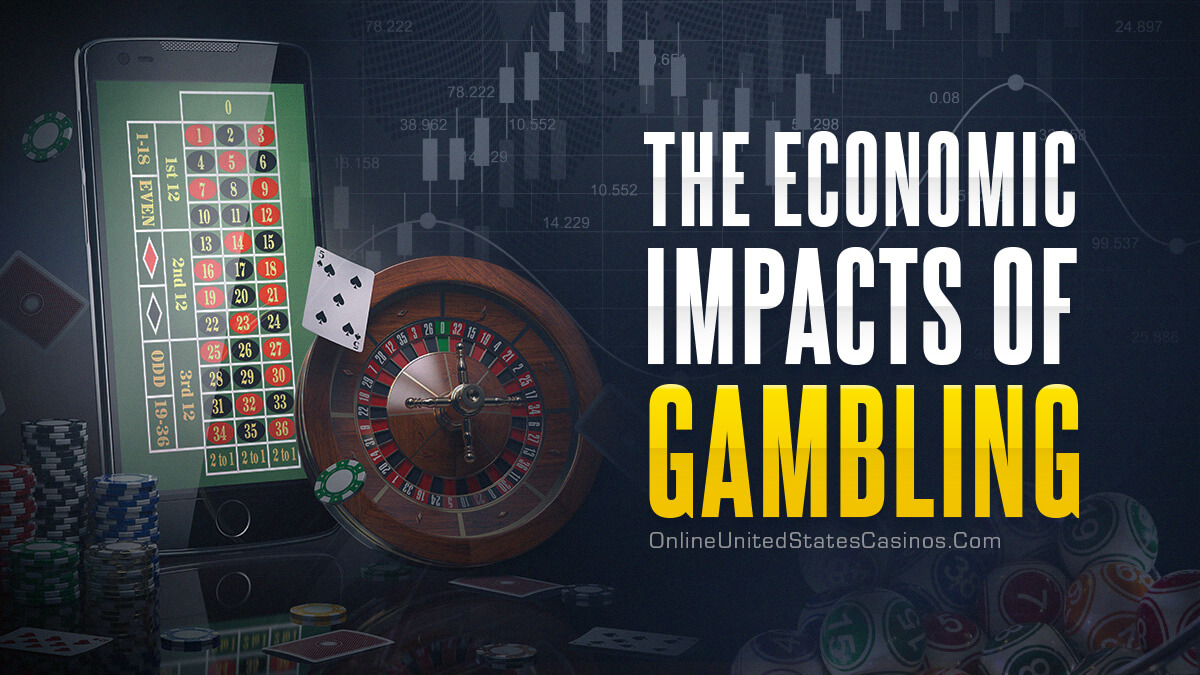
Casino gaming and sports betting are multi-billion dollar industries. Each nation has gambling laws that affect their economy in various ways. They all have a slightly different approach to the industry. Their regulations are an outgrowth of the country’s history and current attitudes towards the culture.
Beyond that, a country’s economic outlook affects its decision making. For example, a government with a tax shortfall may be more likely to seek gambling revenues. When recessions or depressions hit, lawmakers are more likely to approve legal betting.
This page explores multiple facets of gambling economics, focusing primarily on four countries: The United States, the United Kingdom, Australia, and Spain. Has it been good or bad for the country, its residents, and its business owners?
Is Gambling Good or Bad for the Economy?
Before we look at specific countries, let’s take a look at the industry as a whole. Throughout this article, we’ll link you to some of the best scientific studies on gambling’s economic and social impact. In general, gambling has both positive and negative effects on the economy.
Positive Effects
- Jobs Creation: The gambling sector supports 1.8 million jobs as of 2018.
- Tax Revenue: Casinos and lotteries get taxed, in addition to job income.
- Related Sectors: Food, maintenance, and entertainment all get a boost. Lotteries help businesses and schools.
- Tourism: Gambling draws in visitors from all around and generates additional spending in the area.
Negative Effects
- Problem Gambling: About 1% to 2% of players wager compulsively.
- Increase in Crime: Many contend that casinos create a spike in crime rates.
- Wealth Redistribution: If only locals gamble, betting only moves wealth around the area.
- Extra Costs: Problem gambling resources and enhanced security require additional resources.
The parties on either side of this coin have interests that affect their narrative. Gaming groups might oversell the economic and tax advantages of casinos and lottery. Opponents of the industry might overstate crime statistics or the percentage of players who deal with problem gambling even when the statistics don’t show such trends.
Who Benefits from Legalized Gambling?
Many states have legal casinos and lotteries since most parties involved benefit in some way. Below we list some of the groups that see significant advantages in a regulated market.

Local Economies
Casinos and lottery locations create thousands of jobs with taxable income.

Supporting Industries
Entertainers, concert halls, retail stores, and restaurants see significant boosts in revenue.

Gamblers
Regulated markets provide a safe way to enjoy casino games with friends and family.

State Government
Licensing fees and taxes provide a healthy revenue stream for the regulating body.

The Education System
Many states earmark lottery taxes for public education and scholarship programs.

Casino Operators
Gaming companies and Native American tribes gain huge profits due to the house edge.
A Thriving Gambling Income in The USA
The American gaming industry supports nearly two million jobs. People are working in casinos, corporate offices, and managing online gambling sites. Outside of direct employment, though, people have to create and maintain machines, design software, support travelers, and provide hotels to stay in and food to eat.

Commercial Gambling
The American Gaming Association defines a “commercial casino” as a land-based, riverboat, dockside, or racino run by private companies. Many of which have regulated online sites as well. Players spend billions each year at businesses associated with over 465 commercial US casinos. That includes around $2.4 billion at local restaurants and $1.7 billion at nearby retail stores.
The industry generates an enormous amount of tax revenue across 48 US states. With the inception of legalized sports betting, commercial casino income should increase significantly in the coming years. The latest forecast is that the US gambling industry could generate upwards of US$110 Billion in 2020.

Tribal Casino Revenue
After the Indian Gaming Regulatory Act passed in 1988, native tribes operate several casinos in the United States. In fact, as of 2019, they have 524 gambling establishments across 29 states. Tribal businesses represented over 43% of the US market and generated over $32 billion in 2019.
State Lottery Earnings & Education

In 2020, the lottery is on track to generate approximately $29 billion, beating out the $27.06 billion it made in 2018. A lot of this money funds public education and social programs.
Scratch cards and lottery draws exist in some form in 45 states. However, massive multi-state games, like Powerball and Mega Millions, generate most of the income.
The Economic Impact of Gambling in Canada
The Canadian gambling industry drives jobs for over 250,000 Canadian residents. About 170,000 Canadians work directly for the gaming industry, and another 100,000 or so work in related food, entertainment, and manufacturing sectors. That makes the gaming industry one of the largest industries in Canada.

Gambling Income by the Numbers

In 2017, the Canadian land-based gambling industry generated $16.1 billion in income. Gambling-related services generated another $1 billion in revenues, giving Canada’s casino industry a total income of $17.1 billion. Much of the revenue generated goes back into the Canadian economy.
With the average salary of a casino employee around $65,000, the industry dumps roughly $12 billion on the labor market annually.
Additionally, Canadian gambling provides funding for around $8.6 billion in government and community programs each year. About $90 million of that goes to back responsible gaming initiatives and mitigate the effects of problem gambling.
The Unregulated Market’s Affect
The Canadian Gaming Association estimates that Canadian players bet another $1 billion a year on unregulated online gambling. In response, Ontario, Quebec, and British Columbia increased focus on regulated online gambling over the past 10 years.
Provinces & Territories Hold the Power
The provinces and territories regulate the gambling sector and collect taxes. Ontario leads the pack, providing 40% of the jobs and generating roughly the same percentage of revenues. British Columbia is the second-largest gaming province, with Quebec third and Alberta fourth.

The Economy of Regulated Betting in The UK
The UK Gambling Commission provides oversight to the land-based and remote betting sectors, making it the world’s most developed regulatory framework. They even issue millions in fines to rogue gaming operators that break the rules. In this highly controlled market, the British Exchequer collects enormous tax revenues.

UK Gambling Income
Gambling in the United Kingdom spans several sub-sectors. From October 2018 to September 2019, the UK industry totaled £14.3 billion in gross revenue. The estimated annual earnings of each market are as follows:
- Online Gambling – £5.6 billion
- Land-Based Casinos – £1.1 billion
- Bookmakers – £3.0 billion
- National Lottery – £2.9 billion
Massive Online Casino Revenues

The Remote Gambling Bill opens the door for online casinos, sportsbooks, and poker sites that accept British real money players. However, all establishments must pay taxes, whether headquartered in the UK or not. This clause targets gaming companies in places like Gibraltar, Malta, and the Isle of Man that operate offshore.
For the first £2,370,500 in revenue generated, online gaming groups must pay a 15% tax. The number increases to 20%, 30%, 40%, and 50% at other financial plateaus. Companies gladly pay the taxes because access to the remote British market, as illustrated above, is extremely lucrative.
Australia’s Gambling Economy
Australian gambling generates over $25 billion in revenue each year. Melbourne, Sydney, Brisbane, and Perth are home to nationally famous land-based casinos. Still, most of the brick-and-mortar gaming takes place in pubs and clubs.
Unlike many countries, the Aussie government does not collect taxes on players’ winnings but instead collect taxes only on the gaming companies’ income. Australian states and territories collect approximately $5.5 billion in gambling taxes each year.

The Power of Pokie Machines
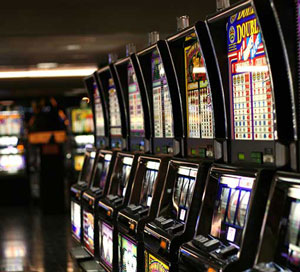
Slot machines, called “poker machines” or “pokies” by Australians, generate most casino revenue. Players down under spend more per capita on gaming machines than any other country.
About 80% of adult Australians play the pokies at least once a year. The average Australian spends more than AU$1000 annually on them. The government estimates that in the fiscal year 2016/2017, these electronic gaming machines (EGMs) created 46,660 jobs.
Aussie EGM manufacturers like Aristocrat Leisure and Ainsworth Gaming Technologies (AGT) sell pokies and casino software for remote operators. The Centre of International Economics (CIE) suggests that poker machine sales in the global market contribute an additional AU$8.3 billion per year to their economy.

Specialty Lottery Income
Keno and lottery betting also generate huge revenues. Traditionally, Tabcorp and Tatts (now merged) controlled most of the lottery gaming in Australia. Keno drawings take place every 5 minutes, conducted by companies like The Lott and Lotterywest. Tatts Group and Intralot also operate lotteries in Australia.
The Economics of Gambling in Spain
The gambling industry in Spain provides roughly 250,000 jobs and represents just under 1% of its entire gross domestic product. The operators keep about €5 billion each year, which amounts to 55% of the total they generate. The Spanish government takes the remaining 45% in taxes.

Massive Lottery Jackpots
Most of the gambling economy comes from the Spanish lottery, organized by Loteria Nacional. They are the ones that drive the world-famous Loteria de Navidad, known for its jackpot “El Gordo.” The Christmas Lottery is considered the most extensive drawing in the world. In 2017, all prizes combined equaled €2.31 billion, with El Gordo alone being €720 million.
A Growing Online Gambling Economy

Spain began licensing legit online casinos, poker sites, and sportsbooks in 2012. Since then, online gambling has become a significant part of gross gaming revenues.
In 2019, Spanish online gambling generated €747 million in revenues, which gaming analysts expect to grow significantly in the coming years. At the moment, that represents about 8% of the country’s betting industry, factoring in commercial and government resources.

Cross-Border Poker Rooms
Spain signed a poker liquidity sharing arrangement with France, Portugal, and Italy in 2019. The deal lets the four countries pool players together at the same online poker tables. This process increases entry fees, swells prize pools, and boosts winning jackpots creating more interest in poker tournaments and cash games.
The Economic Impact of Licensed Online Gambling
Many countries have successfully legalized online gambling for its numerous benefits. While the USA is still on the fence, many states have legalized and licensed internet betting in some form.
Online Casinos and The USA

In the US, 16 states have regulations for internet poker, lottery, or sports betting; only five currently have online casinos. However, offshore websites in Europe and the Americas are happy to cater to US players. From an economist’s perspective, these businesses reduce the tax revenue that tribes, brick-and-mortar sites, and riverboats could collect.
Political Response to Offshore Sites
Much of the debate about their impact has been confused, if not dishonest. Delaware, Nevada, and New Jersey legalized local online casinos in 2013. Months later, Sheldon Adelson announced he would spend “whatever it takes” to see online gambling banned in the United States. Adelson funded lobbying efforts to that effect in crucial states, as well as Washington DC.
Eventually, former Rep. Jason Chaffetz (R-Utah) and Senator Lindsay Graham (R-South Carolina) held hearings to discuss internet betting’s pros and cons. They concluded it best to ban online gambling.
Graham and Chaffetz argued that offshore groups’ online gambling revenues could go to fund anti-American terrorism. This claim is baseless and wildly unsupported. Most offshore casinos are still licensed and regulated by non-American gaming regulators. They don’t funnel cash to terrorists, but they don’t provide funds to the states either.

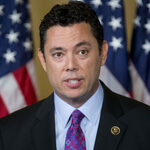

Regulated vs. Unregulated Betting
Regulated online casinos, sportsbooks, and poker sites act like local businesses. They face regulatory oversight and regular audits. They must adhere to self-exclusion laws and institute responsible gaming measures, such as providing access to problem gambling hotlines and helplines.
A ban on online gambling does the opposite – it drives gamblers into the shadows. If people want to gamble, they’re going to do it. In the age of Android smartphones, iPhones, and VPNs, it is challenging for state and federal authorities to police such a ban. Casino sites are available 24/7 to anyone with the internet.
It’s unchecked online gaming sites that Chaffetz and Graham should worry about, not regulated US casinos. In that light, it is better to license and manage online gambling.
Gambling During an Economic Recession
According to researchers Csilla Horvath and Richard Papp, gambling does not increase during a recession. As a general rule, the industry grows incrementally when the economy expands. On the other hand, it shows no growth during a recession. Like much of the marketplace, the sector stagnates.
2008 Great Recession Industry Pains
Certain areas have shown contraction during an economic downturn. Caesars Entertainment faced bankruptcy simultaneously, while the market consolidated due to a drop in gambling numbers. While more examples exist, the following two examples were some of the most notable.
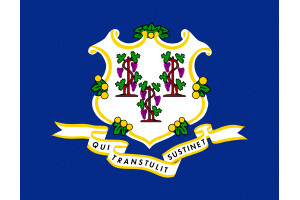
Connecticut
Foxwoods and Mohegan Sun, Connecticut casinos among the world’s largest, each financed massive expansions and renovations in 2007 – a year before a recession hit. After the economic downturn, both faced mounting debts because many gamblers stopped visiting their resorts.
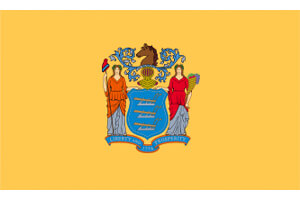
New Jersey
In the years after the 2008 recession, Atlantic City’s gambling economy shrank from $5.6 billion in 2008 to $2.6 billion in 2014. That caused the loss of nearly 10,000 jobs in a city of only 40,000 residents. It also caused the bankruptcy of the city, and New Jersey had to take control.
The Global Pandemic’s Affect on the Market
Though not a full-on recession, the COVID-19 pandemic had a significant impact on the gambling world. It drove countries to issue stay-at-home orders and pushed people to online establishments in the comfort of their homes. In turn, brick and mortar casinos saw a sharp decline in revenue as players opted for safer, more socially distant options.
Gambling’s Impact on Economies Around the Globe

It’s clear that gambling is going nowhere, and a notable percentage of people in any given area want to bet on games of chance. Many assume they will lose but associate the house edge with the cost of buying a ticket to a movie, a concert, or sporting event – it’s an entertainment cost. As technology advances, it only becomes more accessible and more comfortable to gamble.
Gambling’s impact on national, state, and local markets is tremendous. Economists suggest that betting revenues will grow in most countries around the globe in the coming years. City and state leaders often want the tax advantages of land-based casinos. Additionally, many are working on regulating online solutions.
Regulation makes gambling legal for those who wish to partake while giving tools and resources to the community. Whatever the public decides, the industry will continue to have a colossal economic impact in the coming years.

